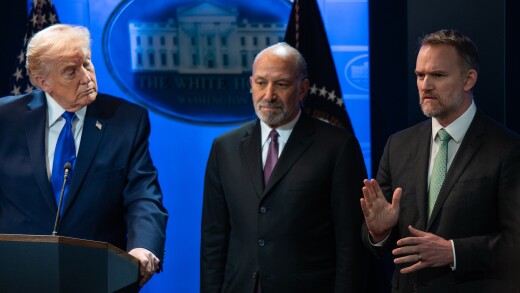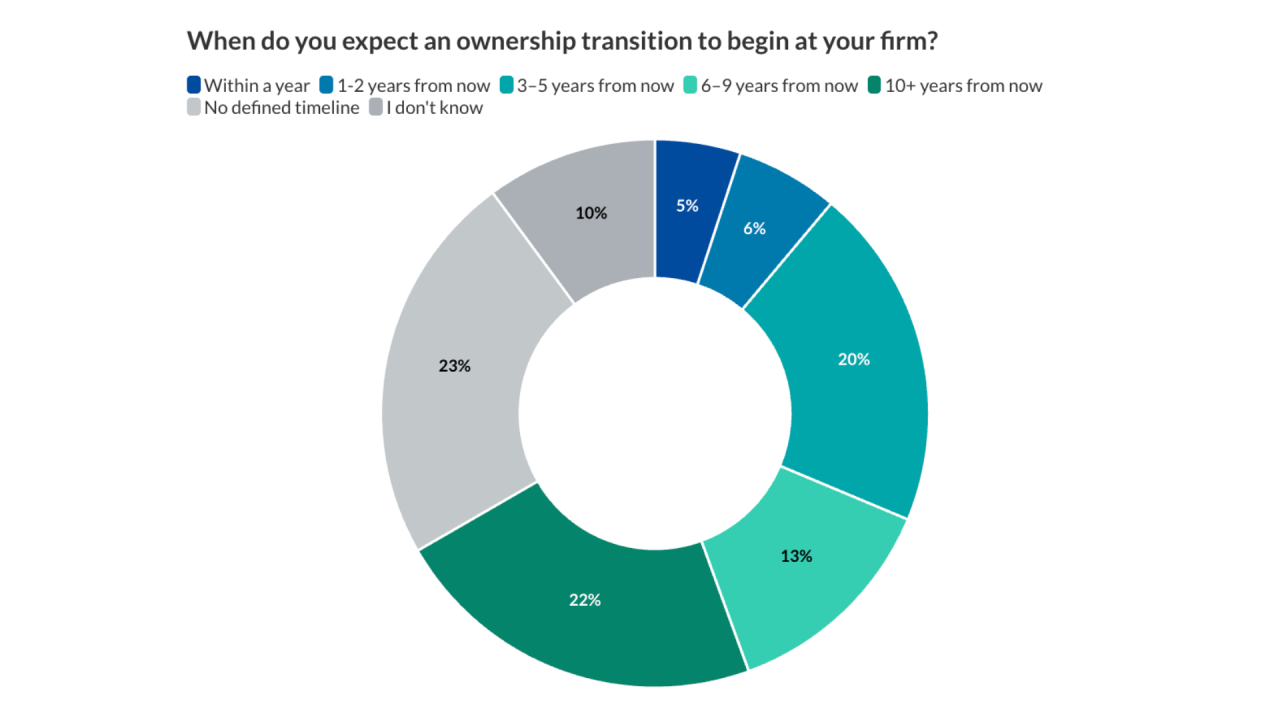Financial Advisor Confidence Outlook
The Financial Advisor Confidence Outlook (FACO) is a monthly index published on Financial Planning that surveys hundreds of financial advisors to understand their forward-looking perspective on the economy and plans for client asset allocations. This index provides a snapshot of the economic landscape and provides a peer view into client advising choices for the coming month.
In this index, advisors are asked to share their outlook on six core economic indicators: the overall economy, the global economic system, government policy, their asset allocation, their client's risk tolerance, and their practice performance. From these responses, a score is developed to take into account the balance of positive and negative outlooks. These scores are then averaged to create the overall outlook score: a value from -100 to 100 with -100 being the most pessimistic outlook possible, 0 being a neutral outlook, and 100 being the most optimistic outlook possible.
The FACO (June, 2023 – present) is a reimagined version of the Retirement Advisor Confidence Index (June, 2011 – May, 2023).
The 6-3 Supreme Court ruling against one of President Donald Trump's signature economic policies was consequential, but experts say volatility is unlikely to be over.
-
Financial advisors say they are increasing client portfolio allocations to international stocks in the latest Financial Planning survey.
February 10 -
Nearly two-thirds of advisors surveyed this month said that internal training programs or workshops were offered by their firms.
February 6 -
Many advisors haven't yet begun putting together an exit plan. Experts say there are common features and defined timelines that can help make it work.
January 26 -
Advisors know that a transition plan is important, but many fall into the trap of procrastination.
January 23 -
The recent fall in the price of bitcoin and other cryptocurrencies is likely to blame, experts say, but don't expect that decrease to continue forever.
December 19 -
Findings from iterations of Financial Planning's Financial Advisory Confidence Outlook show which assets have stood the test of time.
November 17 -
One-third of financial advisors say balancing personalization with growth is the hardest trade-off for them to manage. Doing so successfully means making hard choices about what's most important for clients and the business.
November 14 -
Less than a third of firms have a formal, documented plan in place, according to this month's Financial Advisor Confidence Outlook survey. Experts say this is a dangerous state of affairs.
November 13 -
Political instability and other pressures are feeding some clients' portfolio fears, advisors say in this month's Financial Advisor Confidence Outlook.
November 12 -
Across more than two years of advisor surveys, industry worries have evolved dramatically. Yet certain themes continue to capture attention.
October 31










